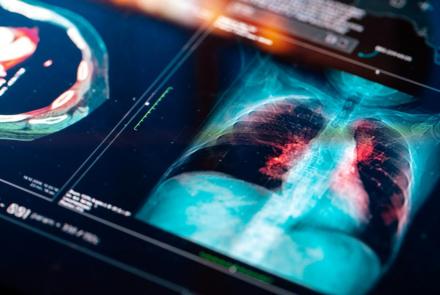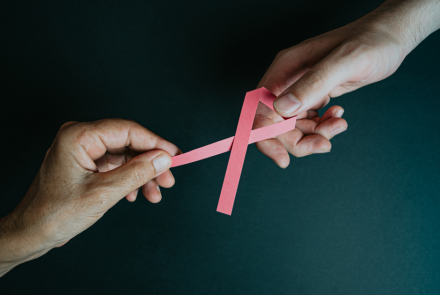If you’re low on energy, gaining weight and feel extremely cold when other people don’t, you may have an underactive thyroid gland, or hypothyroidism. Fortunately, people diagnosed with this condition can be successfully treated with medication, according to Ann Pia Baby, M.D., an endocrinologist with Highland Medical, P.C., Endocrinology.
“If you are consistent with taking medication and following up with your doctor to monitor your hormone levels, you will be able to manage this condition without much difficulty,” Dr. Baby said.
What is Hypothyroidism?
The thyroid is a small gland in your neck that normally produces hormones. In a person with hypothyroidism, the thyroid doesn’t produce enough of these hormones.
Hypothyroidism is more common in women and in families where other members have thyroid diseases. One of the common causes of hypothyroidism is an autoimmune condition called Hashimoto’s thyroiditis. In people with Hashimoto’s, the thyroid becomes damaged and can’t make enough thyroid hormones.
The most common symptoms of hypothyroidism are:
- Low energy
- Feeling extremely cold when other people do not
- Sluggishness of movement and speech
- Weight gain
- Dry skin
- Constipation
- Irregular menstrual periods
- Muscle pains
A person with hypothyroidism can also have a slow heart rate, low temperature, high blood pressure, and swelling in the feet and around the eyes.
Diagnosing and Treating Hyperthyroidism
If you have symptoms that suggest you may have an underactive thyroid, the doctor will take your medical history, perform an exam and do blood tests. These tests will measure thyroid hormones as well the hormone secreted by your pituitary gland. This gland in your brain controls production of thyroid hormone.
Hypothyroidism is treated by pills that replace the hormones that the own thyroid can no longer make. Your doctor will regularly monitor your thyroid hormone levels to adjust the dose of the medication.
If untreated, symptoms of hypothyroidism can worsen. In rare cases, it can result in a condition called myxedema coma, an extreme form of hypothyroidism in which the body’s functions slow to a life-threatening point. Myxedema coma requires immediate medical treatment.
Thyroid Nodules
A thyroid nodule is a growth on the thyroid gland. These nodules are very common and it is not clear what causes them. Having parents or siblings who have had thyroid nodules or thyroid or other endocrine cancers increases your chance of developing nodules. Other risk factors include smoking, alcohol and obesity.
Most nodules are not cancerous. “Non-cancerous nodules don’t need to be treated, unless they are really big and causing symptoms like shortness of breath or difficulty swallowing,” Dr. Baby said. Sometimes a person wants a nodule removed for cosmetic reasons.
Non-cancerous thyroid nodules can either remain the same size, or shrink or grow. “It is difficult to predict which course they will take,” Dr. Baby said. “Follow-up monitoring with an ultrasound is usually recommended based on the size and features of the thyroid nodule.”
If treatment for a non-cancerous nodule is needed, it may include surgery or radiofrequency ablation. This procedure treats the nodule with electrical current and heat that shrinks the nodule.
In some cases, your doctor may recommend that the nodule be biopsied to look for cancer cells. If the nodule is found to be cancerous, treatment is needed, usually with surgery.
“If you think you may have a thyroid nodule, talk to your primary care doctor,” Dr. Baby said. “They can refer you to an endocrinologist for further evaluation and treatment, if needed.”






